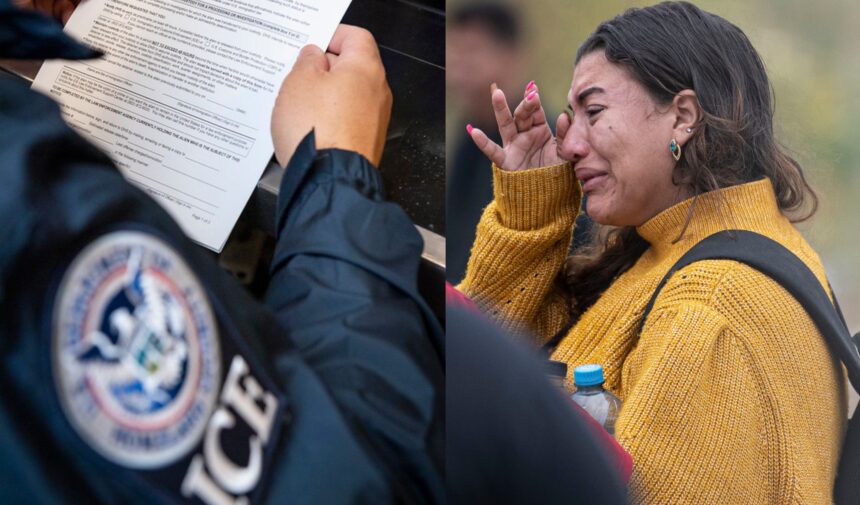Texas has ordered its public universities to identify and reclassify as “nonresident” undocumented students who currently pay reduced in-state tuition. This decision follows a federal judge’s ruling in early June 2025 temporarily suspending the notorious Texas Dream Act, which has been in effect since 2001.
The commissioner of the Texas Higher Education Coordinating Board, Wynn Rosser, issued a directive to all public institutions in the state that these students without legal status are officially considered non-residents. This means that, beginning in the fall semester of 2025, they will be required to pay full tuition (out-of-state tuition), which can be double or even triple the cost paid by in-state residents.
Who is affected?

It is estimated that this measure will impact more than 73,000 undocumented students at public universities in Texas.
Nationally, there are about 408,000 students in this same situation, so nearly one-fifth of the total will be directly affected in Texas, according to the Higher Ed Immigration Portal.
Many of these young people came to the United States as children, grew up in Texas and graduated from Texas high schools.
Under the state law passed in 2001, they could access higher education at reduced tuition if they met certain requirements, regardless of their immigration status.
Ongoing legal action

The court decision revoking access to in-state tuition is in response to a lawsuit pushed by President Donald Trump’s administration.
Arguing that Texas “unconstitutionally discriminated against U.S. citizens to the benefit of foreigners.”
In reaction, the Latino organization LUPE (La Union del Pueblo Entero) joined the legal defense of the law.
This organization filed a motion with the U.S. District Court for the Northern District of Texas to intervene and defend access to education for these students.
“Eliminating in-state tuition in Texas is not just a policy change, it is a direct attack on undocumented youth,” stated Tania Chavez, executive director of LUPE.
This decision destroys families, fuels anxiety, and forces students to choose between education and survival
What can students do?

Undocumented students in Texas must:
1. Consult with your colleges about specific changes in your status for fall 2025.
2. Seek private scholarships or institutional support that do not require immigration status.
3. Connect with legal or community organizations such as LUPE or United We Dream.
4. Stay informed about the legal course of the case and possible appeals.
Community leaders, civil rights advocates and educational organizations have raised their voices in support of undocumented students.
The message is clear: no one should be punished for aspiring to a better future.
For more information, visit QuéOnnda.com.























